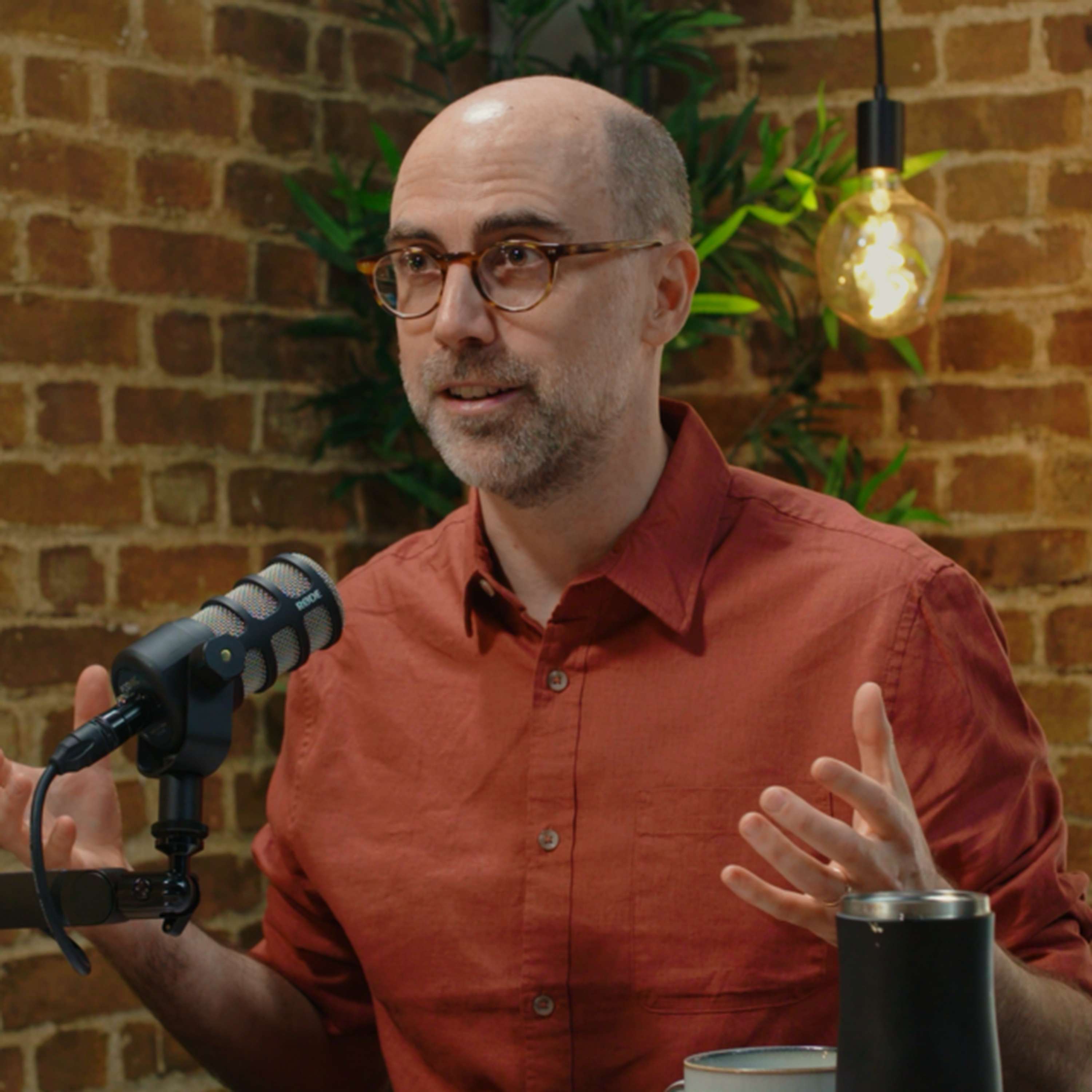
#143 Classic episode – Jeffrey Lewis on the most common misconceptions about nuclear weapons
80,000 Hours Podcast
America aims to avoid nuclear war by relying on the principle of 'mutually assured destruction,' right? Wrong. Or at least... not officially.
As today's guest — Jeffrey Lewis, founder of Arms Control Wonk and professor at the Middlebury Institute of International Studies — explains, in its official 'OPLANs' (military operation plans), the US is committed to 'dominating' in a nuclear war with Russia. How would they do that? "That is redacted."
Rebroadcast: this episode was originally released in December 2022.
Links to learn more, highlights, and full transcript.
We invited Jeffrey to come on the show to lay out what we and our listeners are most likely to be misunderstanding about nuclear weapons, the nuclear posture of major powers, and his field as a whole, and he did not disappoint.
As Jeffrey tells it, 'mutually assured destruction' was a slur used to criticise those who wanted to limit the 1960s arms buildup, and was never accepted as a matter of policy in any US administration. But isn't it still the de facto reality? Yes and no.
Jeffrey is a specialist on the nuts and bolts of bureaucratic and military decision-making in real-life situations. He suspects that at the start of their term presidents get a briefing about the US' plan to prevail in a nuclear war and conclude that "it's freaking madness." They say to themselves that whatever these silly plans may say, they know a nuclear war cannot be won, so they just won't use the weapons.
But Jeffrey thinks that's a big mistake. Yes, in a calm moment presidents can resist pressure from advisors and generals. But that idea of ‘winning’ a nuclear war is in all the plans. Staff have been hired because they believe in those plans. It's what the generals and admirals have all prepared for.
What matters is the 'not calm moment': the 3AM phone call to tell the president that ICBMs might hit the US in eight minutes — the same week Russia invades a neighbour or China invades Taiwan. Is it a false alarm? Should they retaliate before their land-based missile silos are hit? There's only minutes to decide.
Jeffrey points out that in emergencies, presidents have repeatedly found themselves railroaded into actions they didn't want to take because of how information and options were processed and presented to them. In the heat of the moment, it's natural to reach for the plan you've prepared — however mad it might sound.
In this spicy conversation, Jeffrey fields the most burning questions from Rob and the audience, in the process explaining:
- Why inter-service rivalry is one of the biggest constraints on US nuclear policy
- Two times the US sabotaged nuclear nonproliferation among great powers
- How his field uses jargon to exclude outsiders
- How the US could prevent the revival of mass nuclear testing by the great powers
- Why nuclear deterrence relies on the possibility that something might go wrong
- Whether 'salami tactics' render nuclear weapons ineffective
- The time the Navy and Air Force switched views on how to wage a nuclear war, just when it would allow *them* to have the most missiles
- The problems that arise when you won't talk to people you think are evil
- Why missile defences are politically popular despite being strategically foolish
- How open source intelligence can prevent arms races
- And much more.
Producer: Keiran Harris
Audio mastering: Ben Cordell
Transcriptions: Katy Moore
Next Episodes

#212 – Allan Dafoe on why technology is unstoppable & how to shape AI development anyway @ 80,000 Hours Podcast
📆 2025-02-14 18:05 / ⌛ 02:44:07

Emergency pod: Elon tries to crash OpenAI's party (with Rose Chan Loui) @ 80,000 Hours Podcast
📆 2025-02-12 19:31 / ⌛ 00:57:29

AGI disagreements and misconceptions: Rob, Luisa, & past guests hash it out @ 80,000 Hours Podcast
📆 2025-02-10 16:55 / ⌛ 03:12:24


If digital minds could suffer, how would we ever know? (Article) @ 80,000 Hours Podcast
📆 2025-02-04 14:58 / ⌛ 01:14:30